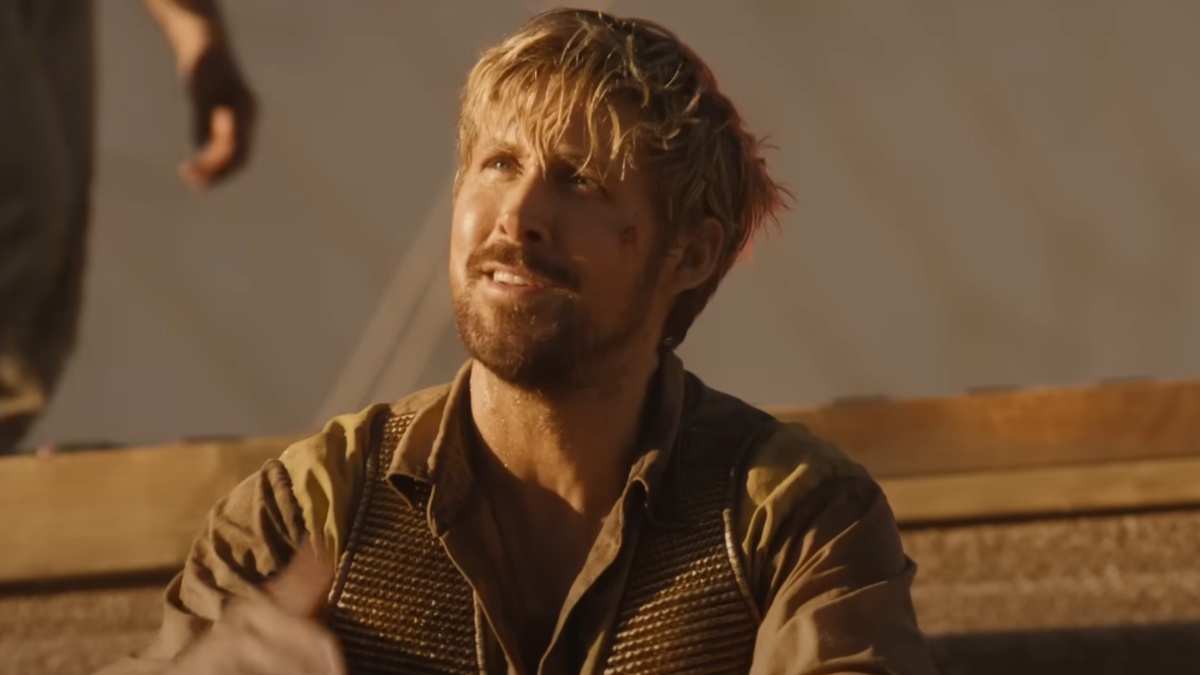Wired online has just posted a short piece by Jordan Mechner, called The Hollywood Trap, wherein he draws some attention to the confusion video game designers seem to have between cinematic-styled and gameplay-specific storytelling techniques. That is, cut-scenes do not a game-story make. Most of what Mr. Mechner says is very much in line with some of the recent issues of The Escapist, so go and read it.
While making his point, though, Mechner says this:
“One small example: In Prince of Persia: The Sands of Time, the hero doesn’t realize he’s gained the power to turn back time until the player dis covers that he has a new controller button at his disposal – and uses it to save his life by rewinding a fatal mistake. Had this revelation occurred in a cutscene instead of during active play, it would not have the same impact.”
Am I crazy, or is this not actually how that plays out in Sands of Time? As I recall, the Prince picks up the Dagger of Time – the artifact that fictionally gives the player control the game’s rewind mechanism – just as a huge stone plummets from the ceiling to crush him, which is just as blunt and heavy-handed as it sounds. The Prince hits the “rewind” button on the Dagger of Time, the rock retreats back through time into the air, and when the flow of time resumes the Prince dodges out of the way.
But the player has no control over the Prince during this bit. We sit with our controllers in our hands and watch this little vignette happen. It’s not a cut-scene in the sense that we cut away from the protagonist or the environment between levels, but we do cut away from player control for a moment of stilted exposition that’s about as subtle as a, uh, boulder from the sky. Throughout most of the game, Sands of Time is a sterling demonstration of storytelling in sync with with gameplay, but this one example doesn’t quite gel. (I say this as a gamer who is still crazy in love with Sands of Time.)
Here’s the question that kept rolling around in my head after I read Mechner’s opinion piece, though: Is exposition storytelling?
How much essential exposition in video games gets lost because designers feel the need to obfuscate it with theatrics? I mean, that brief brutish primer on the Dagger in Sands never bothered me when I actually played the game; it told me what I needed to know, then went on its way. But how many games have we played where we got stuck because we weren’t sure what we were supposed to be doing in this level or that? The magnificent Grim Fandango was a headache for me because I was so often unsure just what the hell Manny was supposed to be doing half the time. (The environment in Grim Fandango was well worth wandering through, but my point remains.)
This is an area where games have a different storytelling responsibility than movies. When an audience member is confused during a movie, the action just keeps moving forward, hopefully recapturing the viewer soon. But a confused game player is akin to a confused actor – the performance suffers. It’s one thing to hide symbolic meaning in a layer of subtext, but when it comes to informing the player of just what she’s supposed to be doing with that controller she’s got, nuance can be trouble. Sometimes the best thing to do is just to suspend the action for six seconds and hit the player with a rock.



Published: Apr 7, 2006 11:07 am